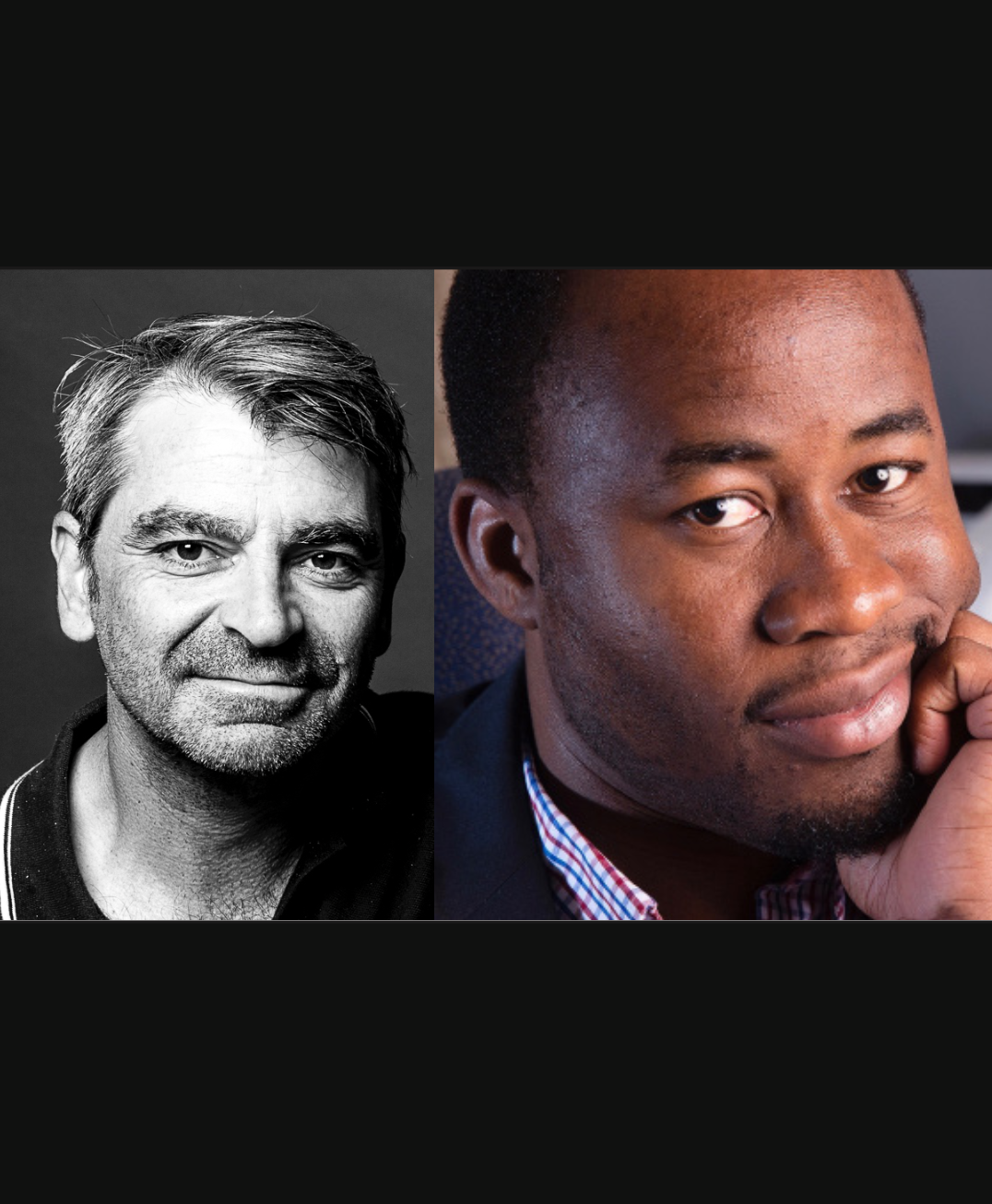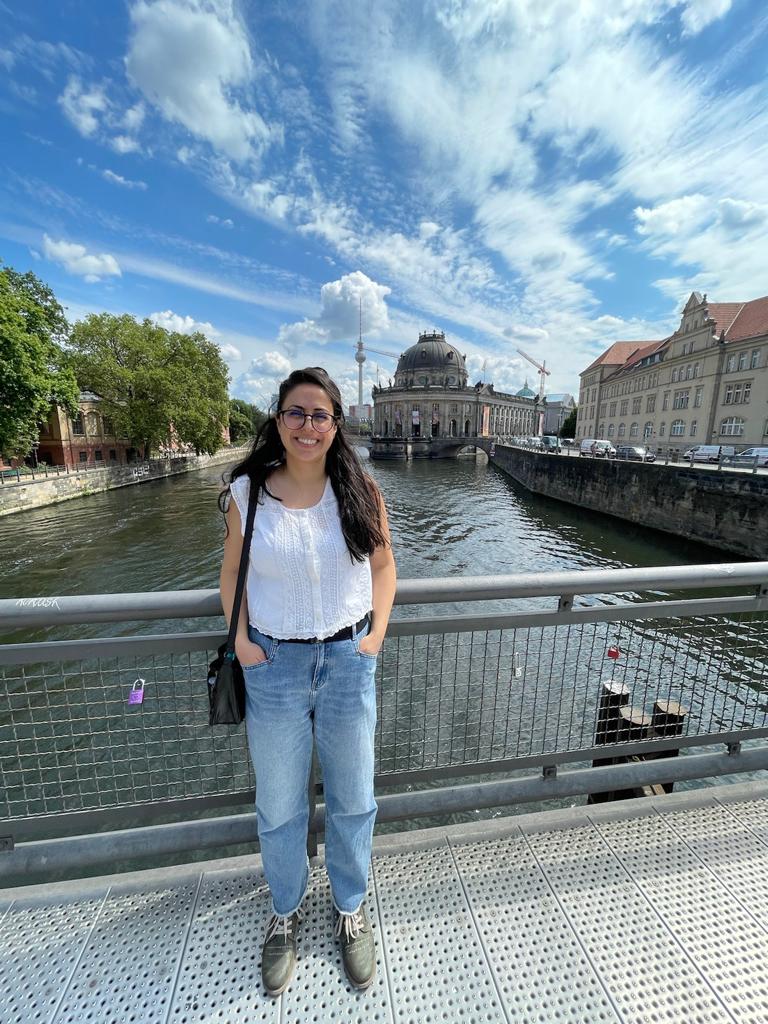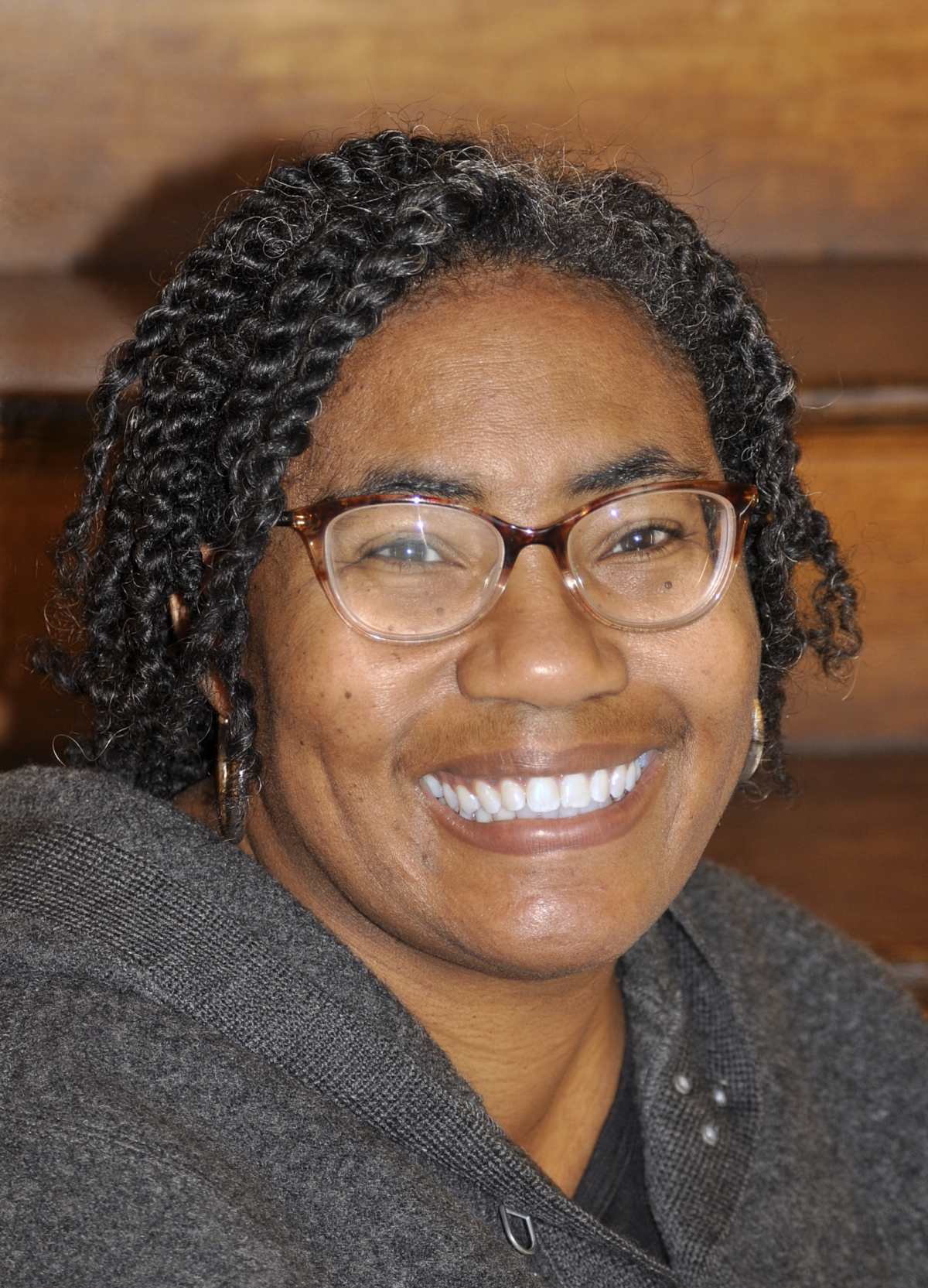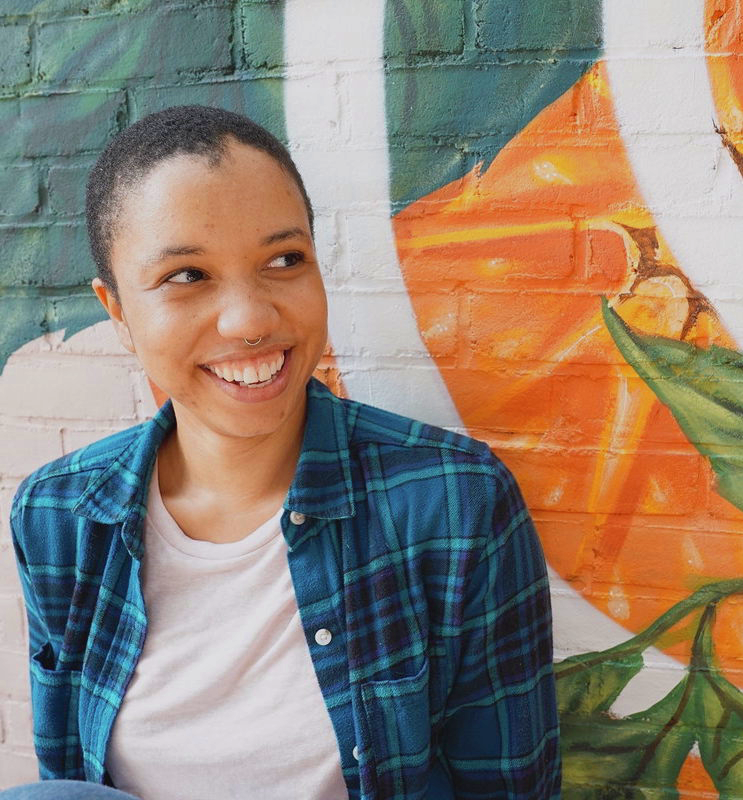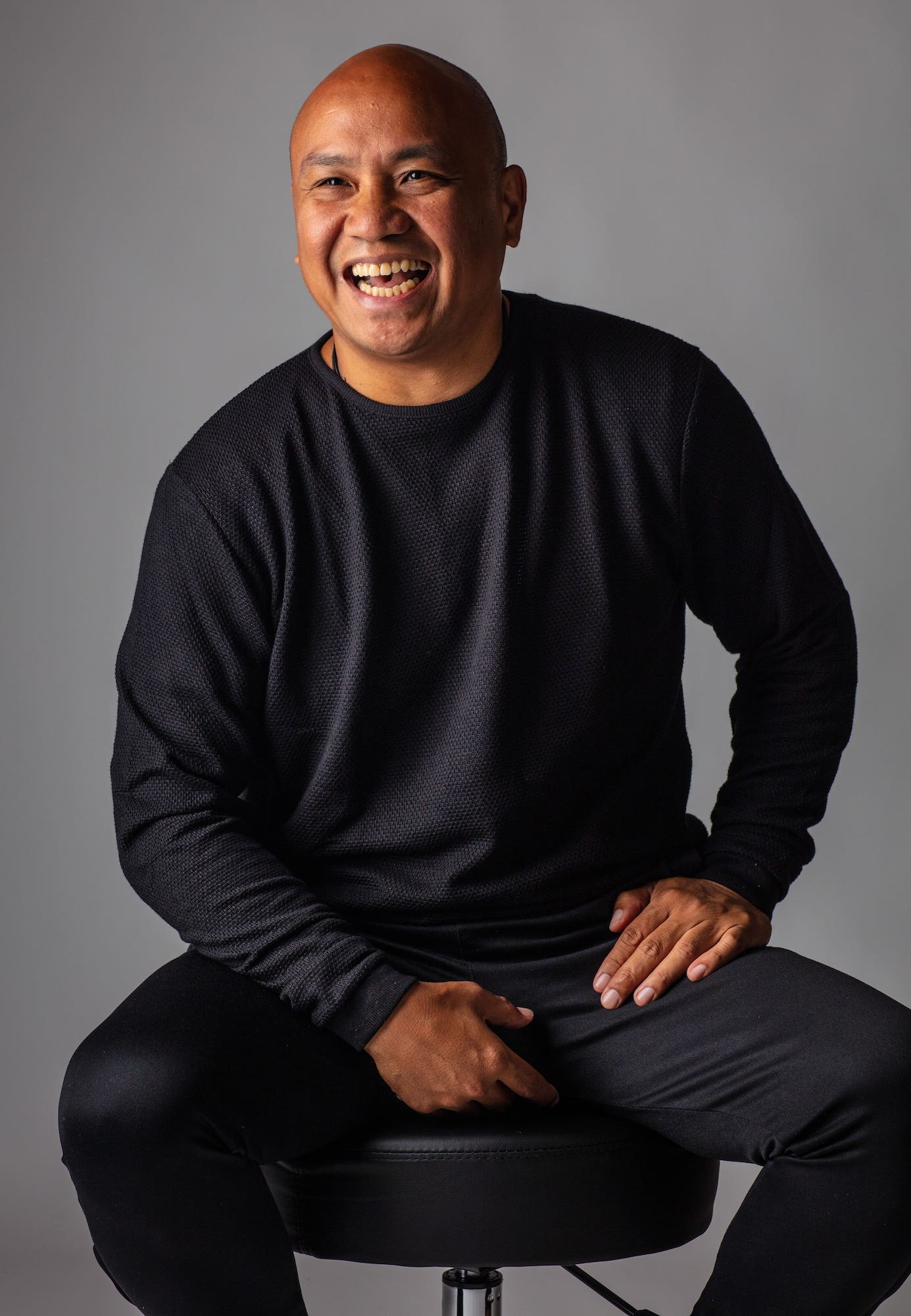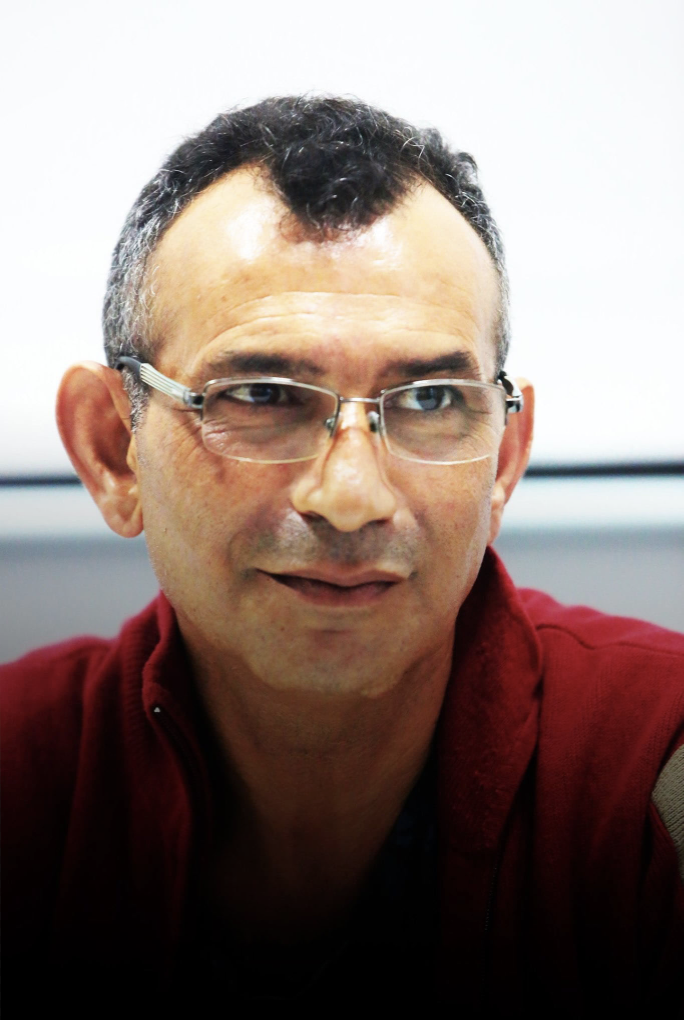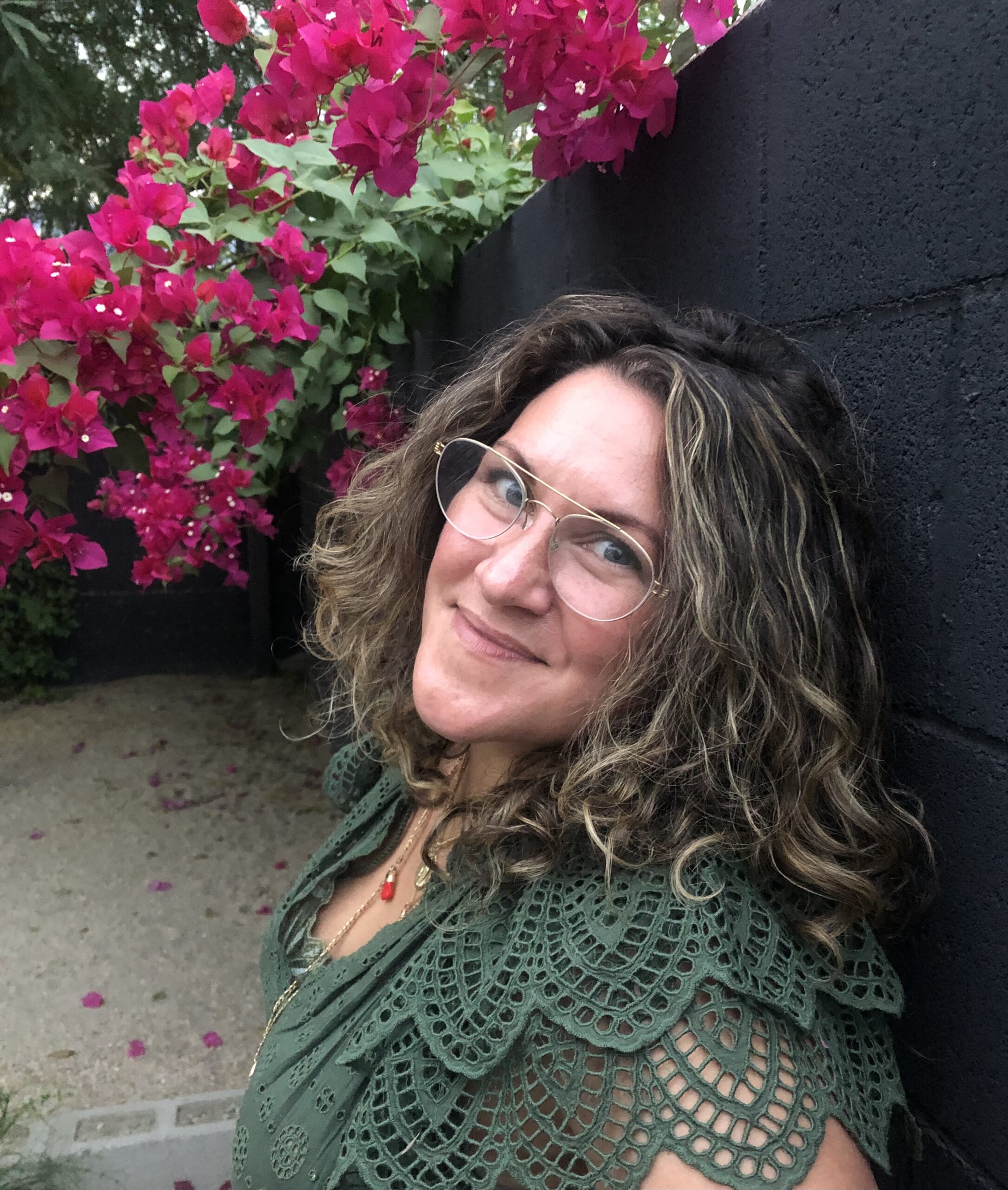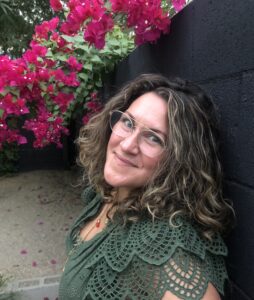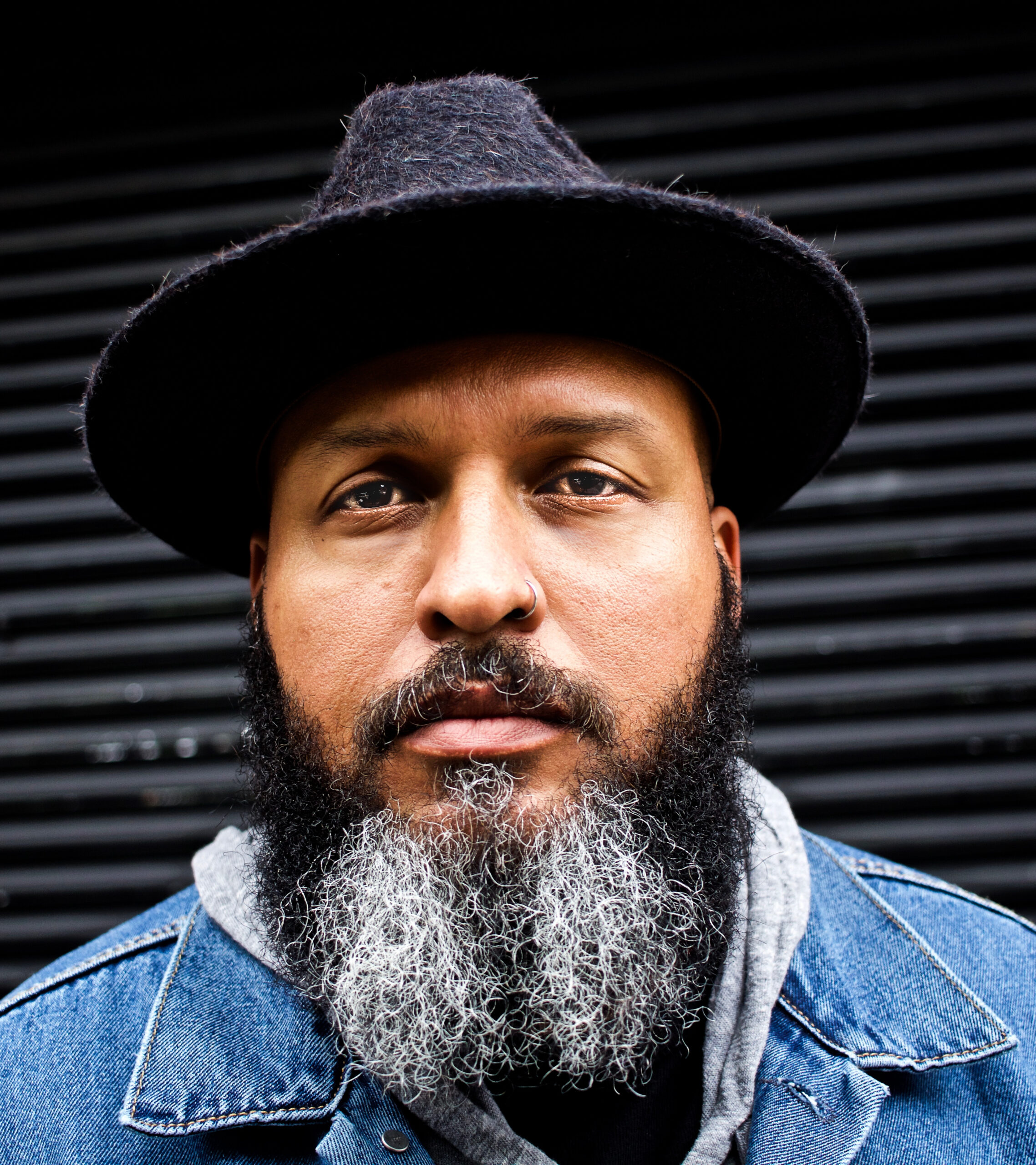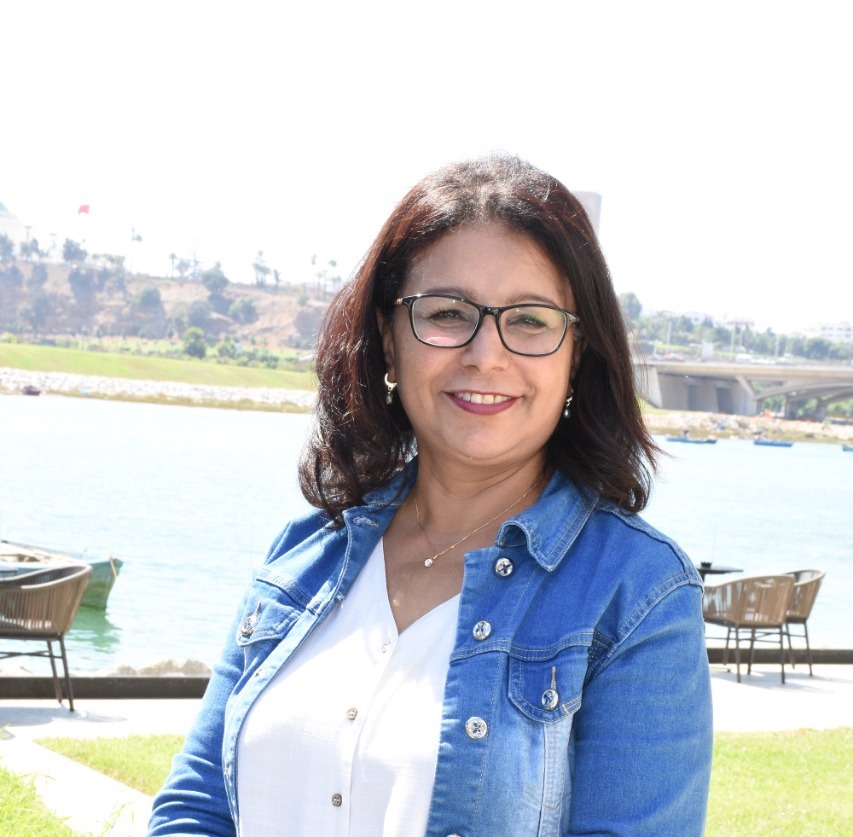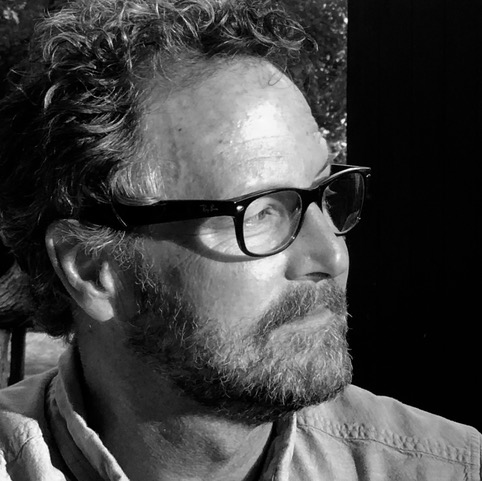JOSEPH O’NEILL and CHIGOZIE OBIOMA interviewed by DW GIBSON

In celebration of Art Omi’s 30th anniversary, DW Gibson connected with residency alumni to dive into different aspects of their work and process. When presented with the opportunity to interview Joseph O’Neill and Chigozie Obioma, Gibson was eager to talk with them about the importance of place in their fiction because the settings of their novels and stories feel so acutely important. Whether it’s New York in O’Neill’s Netherland, Dubai in The Dog, or the village of Akure in Obioma’s The Fishermen, the landscapes of these novels are always front and center and, in some ways, steering the storytelling. In this conversation, O’Neill and Obioma bring to light how a sense of place does—and doesn’t—play a part in their process, and how the settings we choose as writers relate back to our own identities. This interview is a collaboration between The Common and Writers OMI.
